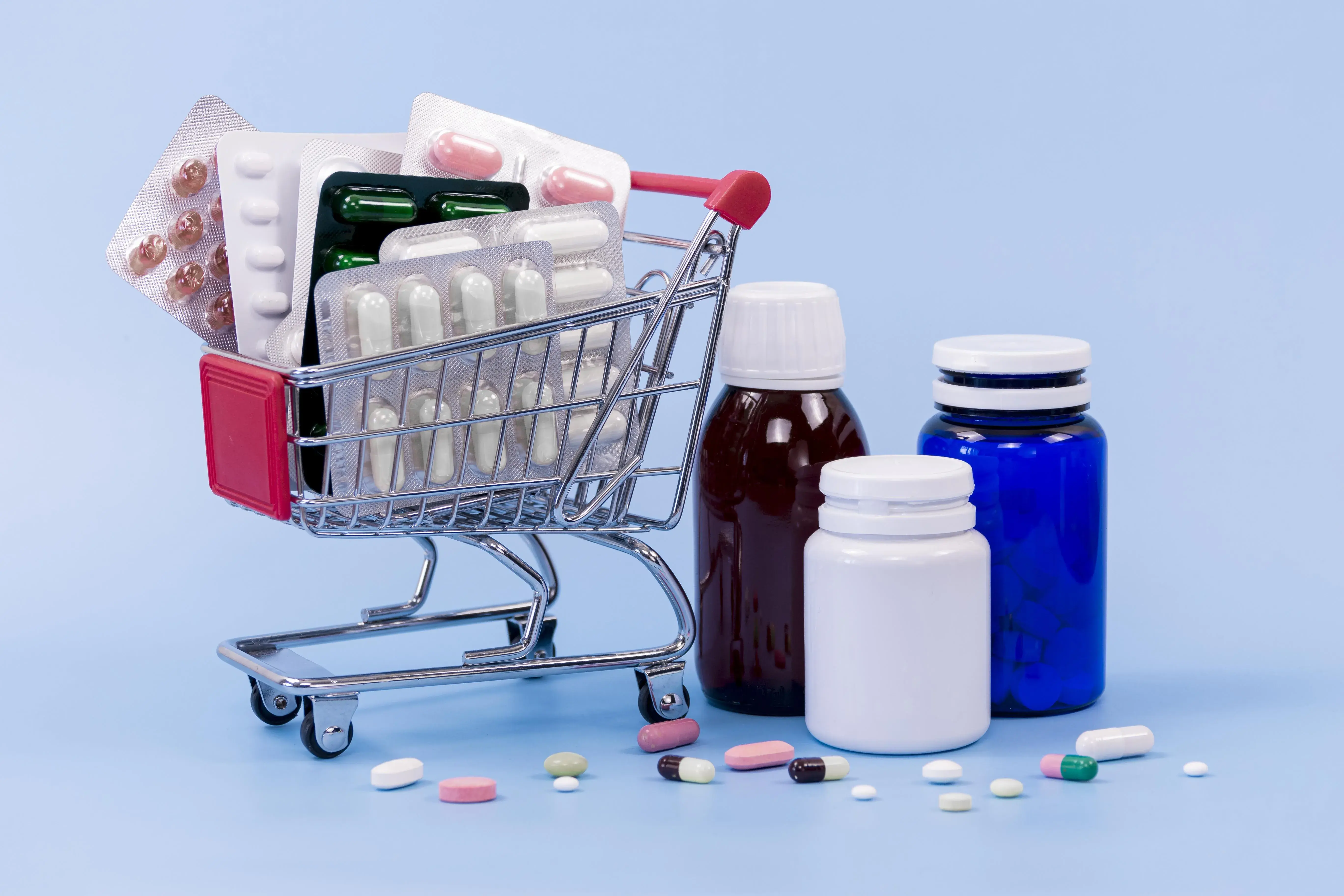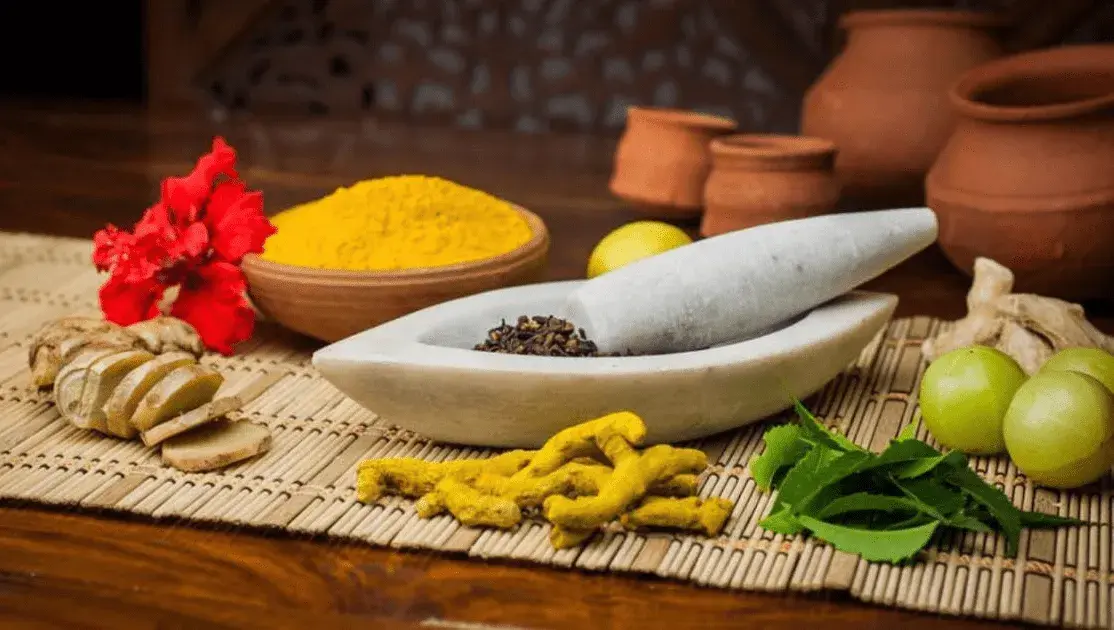Acidity and gas are conditions in which the acid concentration increases in the stomach, leading to uneasiness and discomfort. Usually, home-based natural remedies and treatments are considered impactful that ensure quick relief from gastric acidity. But, when you are not at home or need instant relief, medicines are the way forward. Fortunately, various medicines for gas pain relief show instant effects. Although these medicines for gas pain are safe and effective, you should always consult a doctor before taking them to avoid any side effects. This blog will take you through the most effective best medicine for acidity and gas pain relief.
What causes acidity and gas?
Usually, acidity and gas do not occur together. However, there is a possibility that gastric acidity can occur together. The causes of acidity and gas are:
- Drinking alcoholic beverages cause acidity
- Eating food too quickly can cause intake of gas, causing gas
- Eating a large amount of food at once can cause acidity
- Smoking
- Pregnancy
Also Read: How to dislodge food stuck in esophagus?
Best medicines for acidity and gas relief -

Various medicines and drugs are used to reduce acidity in various diseases like peptic ulcers, different forms of gastritis, and reflux disease. The drugs for controlling acidity include proton pump blockers, H2 blockers, Antacids, and prostaglandins.
#1 Esomeprazole -
It is a proton pump inhibitor available in oral form and IV form. It is an inhibitor of the Hydrogen Potassium ATPase. Esomeprazole can inhibit acid secretion and stays in the body for a long time. The best medicine for acidity and gas promotes peptic ulcers and is also involved in treating bacterial infections. Long-term use of proton pump inhibitors elevated gastrin levels, often leading to hyperplasia. Esomeprazole can also cause micronutrient deficiencies, including magnesium and vitamin b12.
Book an online appointment with the best doctors and visit the best endometrial Hyperplasia Hospitals in India.
#2 Cimetidine -
It is available in the IV and oral form and is histamine's competitive inhibitor at the H2 receptor, suppressing the acid secretion by gastrin. Pepsin release due to histamine is also reduced. You can purchase the drug without a prescription too. Cimetidine is well absorbed in the stomach and has a slow mode of action that takes 1 to 2 hours to show peak effects. Cimetidine has a few side effects. It interacts with the P-450 enzyme system, which is the microsomal enzyme system, and it delays the metabolism of other drugs metabolized using that system. Other side effects include abdominal pain, headache, nausea, etc.
Also Read: Can gas cause left arm pain?
#3 Aluminum hydroxide (Antacids) -
Antacids are a class of drugs that help neutralize excess gastric acid and reduce pepsin activity, which eventually disappears as the gastric pH increases above 4. Antacids usually cause improper absorption of other drugs. Two types of antacids are available.
- Absorbable antacids, including sodium bicarbonate and calcium carbonate, give complete and rapid neutralization of the acid but can cause alkalosis.
- Aluminum hydroxide is comparatively safe and is the most commonly used antacid. If it is used chronically, it may cause depletion of phosphate. Aluminum hydroxide is a type of nonabsorbable antacid which helps in reducing acidity.
#4 Magnesium hydroxide -
It is yet another nonabsorbable antacid that is used in the treatment of acidity. The best medicine for acidity and gas is more effective than aluminum but has a few side effects as it may cause diarrhea. Also Read: Milk of Magnesia Uses, Health Benefits, Side Effects, Dosage & Warnings
#5 Misoprostol -
This prostaglandin is involved in inhibiting the secretion of acid by reducing the synthesis of cyclic AMP, which gets triggered by the stimulation of histamine of the parietal cells. This drug reduces acidity and is also used when a patient is consuming Non-steroidal anti-inflammatory drugs (NSAIDs) and experiencing acidity or any discomfort in the gastrointestinal tract.
#6 Sucralfate -
This drug is a complex of sucrose and aluminum that dissociates in the gastrointestinal tract and creates a physical barrier over the inflamed area. It protects the area from excess acid. It also stops the interaction between pepsin and substrate. Sucralfate might bind with other drugs, and their absorption can be interfered with.
#7 Beano -
It is a type of alpha-galactosidase that helps break down the carbohydrates in vegetables and beans. It helps to reduce gas post meals. You can consume it before eating a meal.
#8 Lactaid -
Lactaid is a lactase supplement that helps in the digestion of sugar present in dairy products. This drug helps people who are lactose intolerant. The sugar that is broken down, in this case, is lactose. Read Also: 4 Acupressure Points For Gas & Bloating That You Didn't Know About
#9 Gas-X -
This belongs to the simethicone group of drugs, which help reduce gas by breaking down gas bubbles, allowing gas to pass through the digestive tract. It is, however, not studied very thoroughly, so its effectiveness still needs to be fully understood.
#10 CharcoCaps -
It is an activated charcoal drug consumed before and after meals to reduce gas symptoms. There is no evidence of it being effective. Instead, it can interfere with the body's ability to absorb nutrients in the food and may lead to other side effects.
#11 Phazyme -
Phazyme is a medicine for gastric acidity used to treat painful sensations that arise from excess gas in the gastrointestinal tract. The best medicine for acidity and gas is mostly used on babies, adolescents, and adults. There are no serious side effects of this drug; however, if you experience any side effects, rush to the doctor.
#12 Eno powder -
Eno powder is a famous and commonly used antacid for relieving acidity and gas, composed of sodium bicarbonate, sodium carbonate, sodium, and citric acid. It also has some side effects; it can cause gut irritation sometimes.
Read Also: 6 Ways to fight Gastritis
Natural remedies for treating Gastric Acidity -

1. Ginger -
Ginger is a home remedy used for acidity and can relieve symptoms that are caused by it. You can add Ginger to tea; it can help you with indigestion and irritation caused by acidity and gas.
2. Lemon water -
Lemon water is alkaline, which helps neutralize the acidity in the stomach and also helps improve the digestion process. Lemon water is also rich in vitamin C hence should be consumed for building up the immune system.
3. Apple cider vinegar -
It contains enzymes and proteins, making it a highly nutritious and healthy addition to the diet. It is claimed that it can help to treat acidity.
4. Watermelon juice -
Watermelon has high amounts of water that aids in treating acidity and gas and is also good for digestion.
5. Fennel seeds or Badi Saunf -
Fennel seeds are an excellent home remedy for getting relief from acidity and gas. Consuming around 1-spoon of fennel seeds or powder with warm water relieves acidity and the associated symptoms.
Also Read: What Are The Symptoms of a Gastric Sleeve?
Conclusion -
Acidity and gas are very common problems faced by the majority of people. Acidity occurs because of excess acid production by the stomach and gas due to overeating or eating food that can cause gas. The medicines for gastric acidity mentioned above can help to reduce symptoms of acidity and gas. If you want to know more about what are the causes of gas formation in the stomach. In addition, how you can avoid it.
Also Read: Can acid reflux cause shortness of breath?
Frequently Asked Questions
What causes acidity and gas?
Several cases are associated with your lifestyle, including overeating, eating too fast, smoking, drinking alcohol, etc.
Are home remedies better than using medicines for acidity and gas?
You can start using home remedies; if they do not work for you, you can use medicines.

Reviewed by







